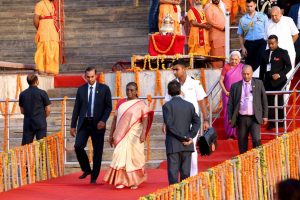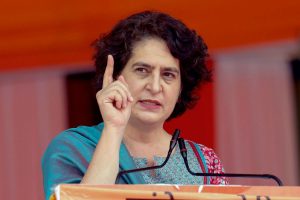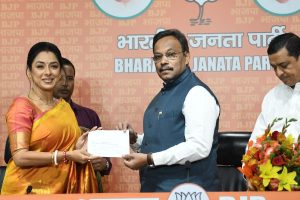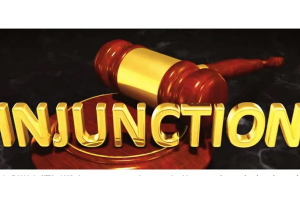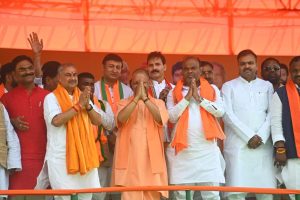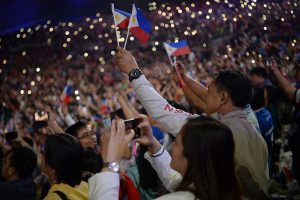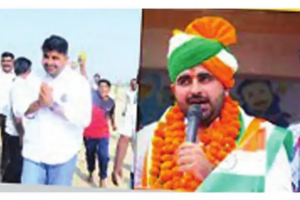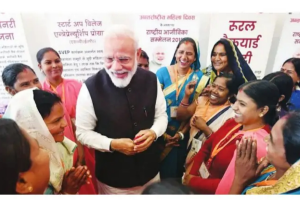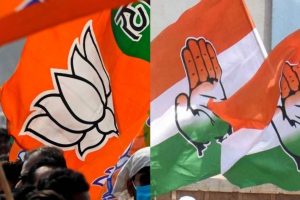“Lucky” is how most Sri Lankans describe their new president Ranil Wickremesinghe, for his extraordinary record of popping up as a state leader when citizens, analysts and his fellow politicians least expect it.
The veteran politician, who could not win his own parliamentary seat in the 2020 elections, managed to still get Sri Lanka’s most powerful job on Wednesday (July 20). “Presidency was always on Ranil’s bucket list,” said a politician close to him but who is now in another party. Mr Wickremesinghe became Sri Lanka’s president when 134 of 223 parliamentarians voted for him to replace a former president on the run.
Mr Gotabaya Rajapaksa – perhaps the only man Sri Lankans loathe more than Mr Wickremesinghe today – fled to Singapore on July 15 to escape angry protesters who blame his economic mismanagement for Sri Lanka’s acute fuel, medicine and food shortages. Mr Wickremesinghe, 73, who once called politics “a blood sport like boxing” and one that needed as much stamina as in a marathon, faces his toughest moment yet. He must now steer the island nation out of a benumbing economic crisis when his popularity is at its lowest.
Born to a wealthy press baron and schooled in the prestigious Royal College, the urbane lawyer won his first parliamentary election in 1977 with the United National Party. He became prime minister for the first time in 1993 under sombre circumstances: the assassination of his predecessor Ranasinghe Premadasa.
In his next 45 years as a ruling or opposition leader, Mr Wickremesinghe was known as erudite but arrogant, and rich but relatively uncorrupt. He prioritised geopolitical friendships with the United States and India, market-friendly economic policies, and peace talks with Tamil separatists. “Ranil’s political weapon is opportunism. He lies shrewdly in wait, to swoop in when it’s the right time,” said a Colombo analyst who did not want to be named. For instance, Mr Wickremesinghe joined forces with rival politician Maithripala Sirisena in 2015 to oust the Rajapaksas in an anti-corruption campaign. And as Sri Lanka careened towards bankruptcy this year, he made rousing speeches against the Rajapaksa government’s missteps.
But when prime minister Mahinda Rajapaksa quit, Mr Wickremesinghe accepted then president Gotabaya Rajapaksa’s offer of prime ministership. The fleeing Mr Rajapaksa also appointed now-ally Mr Wickremesinghe as acting president two months later. The man who once promised to abolish the presidency proceeded to impose a state of emergency in Sri Lanka. Calling the new president “a ruthless pragmatist” unlike the populist Rajapaksas, protester Chameera Dedduwage said he was concerned about “the prosecution of leading members of the people’s struggle.”
Former central bank governor WA Wijewardena approved of Mr Wickremesinghe’s “liberal approach to policy reforms,” and previous attempts to make the central bank independent. But his decisions during Sri Lanka’s massive crisis like “asking for favours from countries like India and USA,” planning to print rupees to pay salaries and getting small fertiliser shipments from India, were “like peanuts” and not promising, added Mr Wijewardena.
Economist Ahilan Kadirgamar said that Mr Wickremesinghe’s “inability to empathise with people and their needs” might make him “push for austerity and public spending cuts that will hurt millions of already struggling Sri Lankans.”


